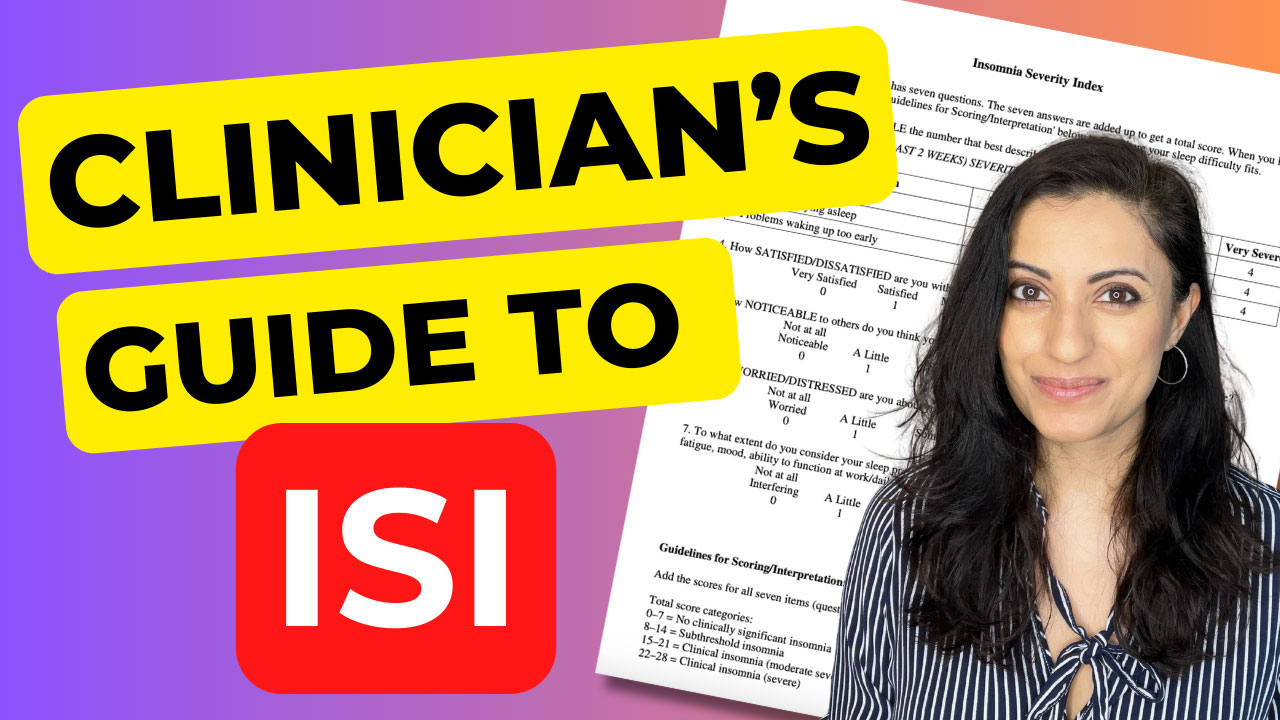I was in elementary school when the Exxon Valdez oil spill made headlines. The images of oil-drenched wildlife and thick, syrupy water are etched in my memory. We even discussed it in class.
What I didn’t learn at the time, though, is that the worst oil spill in U.S. history was also a sleep-related disaster.
The person responsible had reportedly been awake for 22 hours before the incident. At that point, the brain functions as if you’ve been drinking alcohol…equivalent to a blood alcohol level of 0.08%.
In other words, sleep deprivation isn’t just a health issue, it’s a public safety problem, especially for those working shifts.
Shift Work and Sleep Deprivation: A Growing Public Health Concern
If you’re a doctor, nurse, or healthcare provider who works shifts or manages patients who do, you understand the toll shift work can take on sleep and overall health. But the impact goes beyond just feeling tired.
The consequences of chronic sleep deprivation in shift workers, whether in healthcare or other industries, can lead to burnout, poor decision-making, and serious safety risks.
This week, I’m joined by Dr. Alison Kole MD, a pulmonary, critical care, and sleep medicine physician who understands the brutal reality of shift work from experience.
After burning out working ICU shifts during the COVID-19 pandemic, Dr. Kole pivoted and is now the host of the Sleep Is My Waking Passion Podcast. In this masterclass, Dr. Kole shares her experience and evidence-based strategies to help shift workers manage their sleep better.
Watch Dr. Kole’s Masterclass on Shift Work and Sleep
Here’s what you’ll learn in this shift work sleep masterclass:
- What qualifies as shift work and why it’s not just night shifts
- The real-world impact of sleep deprivation on decision-making and public safety
- Evidence-based sleep strategies for managing sleep during shifts, including the role of anchor sleep, naps, and sleep banking
- How to strategically use caffeine and follow the jet lag diet to improve alertness and recovery
- Practical advice for healthcare professionals to avoid burnout and sleep deprivation-related accidents
Start Building Your Clinical Sleep Medicine Knowledge with My Free Course
If you’re a healthcare professional working with patients, it’s crucial to have a strong foundation in clinical sleep medicine.
That’s why I’ve created a free sleep mini-course focused on the foundations of clinical sleep medicine. This course is specifically for doctors and healthcare providers who want to understand the science of sleep and gain practical tools for treating sleep issues in their patients.
Why Sleep is Crucial for Doctors and Healthcare Providers
As a doctor or healthcare provider, your ability to provide excellent care depends on how well-rested you are. Shift work sleep issues are more than just inconvenient—they can seriously impact your performance and decision-making. Sleep deprivation can lead to mistakes that affect patient care and safety.
By learning the fundamentals of clinical sleep medicine, you can not only improve your own understanding of sleep but also provide better care for your patients, especially those working irregular hours.
Bottom Line: Sleep is Essential for Shift Workers
Sleep isn’t a luxury for shift workers. It’s a health necessity…and it’s something you can learn to treat more effectively with the right clinical sleep strategies.
Did you learn something today? Click here to find out how Learner+ can help you meet your evolving educational goals. https://champions.learner.plus/?champion=Dr%20Nishi%20Bhopal


